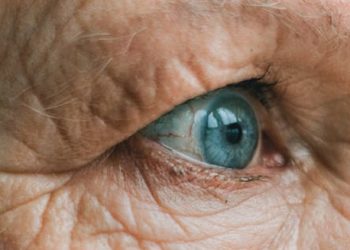Causes of Frontotemporal Dementia
The causes of frontotemporal dementia are related to abnormal deposits of proteins in the brain that damage nerve cells and disrupt normal brain function. Frontotemporal dementia is believed to result from a combination of genetic, molecular, and environmental factors.
Protein Buildup in the Brain
In FTD, brain cells die because of the accumulation of harmful proteins, including:
Tau proteins – linked to neurodegeneration and cell damage
TDP-43 proteins – commonly found in both FTD and motor neurone disease (ALS)
These proteins interfere with cell communication and lead to brain shrinkage, particularly in the frontal and temporal lobes
As the cells in these areas die off, the brain loses its ability to regulate behaviour, language, and movement.
Genetic Mutations
Around one-third of FTD cases are inherited, meaning the condition runs in families. Mutations in the following genes are known to cause familial FTD:
MAPT – affects tau protein production
GRN – linked to abnormal progranulin levels
C9orf72 – also associated with motor neurone disease
If there is a family history of early-onset dementia or neurological decline, genetic testing and counselling may be offered.
Sporadic Cases
In most people with FTD, there is no known genetic cause. These are referred to as sporadic cases, and the exact triggers remain unclear. Researchers believe that lifestyle factors, inflammation, or cumulative damage may play a role.
Risk Factors
Age – FTD usually develops between 45 and 65 years
Family history – particularly in cases with inherited gene mutations
Previous head trauma – long-term effects of repeated injury may contribute
Unlike Alzheimer’s disease, FTD is not linked to smoking, heart disease, or high blood pressure in the same way. However, overall brain health is still important in delaying onset and managing progression.
Causes of Frontotemporal Dementia
Understanding the causes of frontotemporal dementia helps inform care strategies, identify those at higher risk, and guide research into treatments and potential cures.


